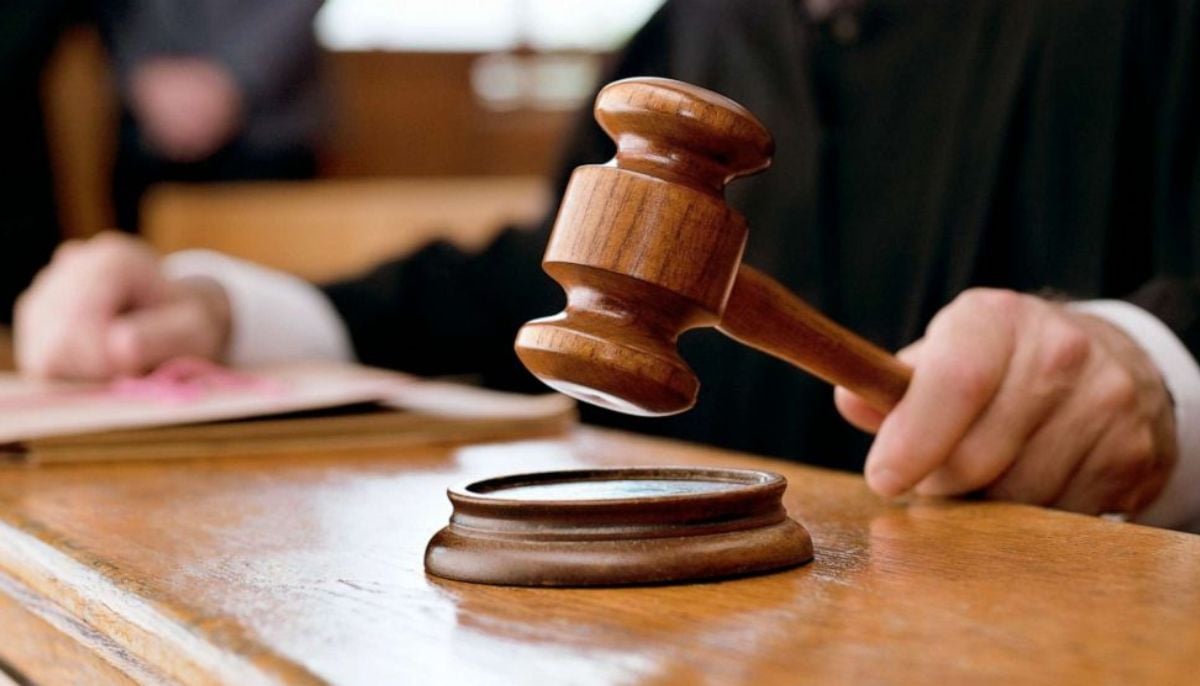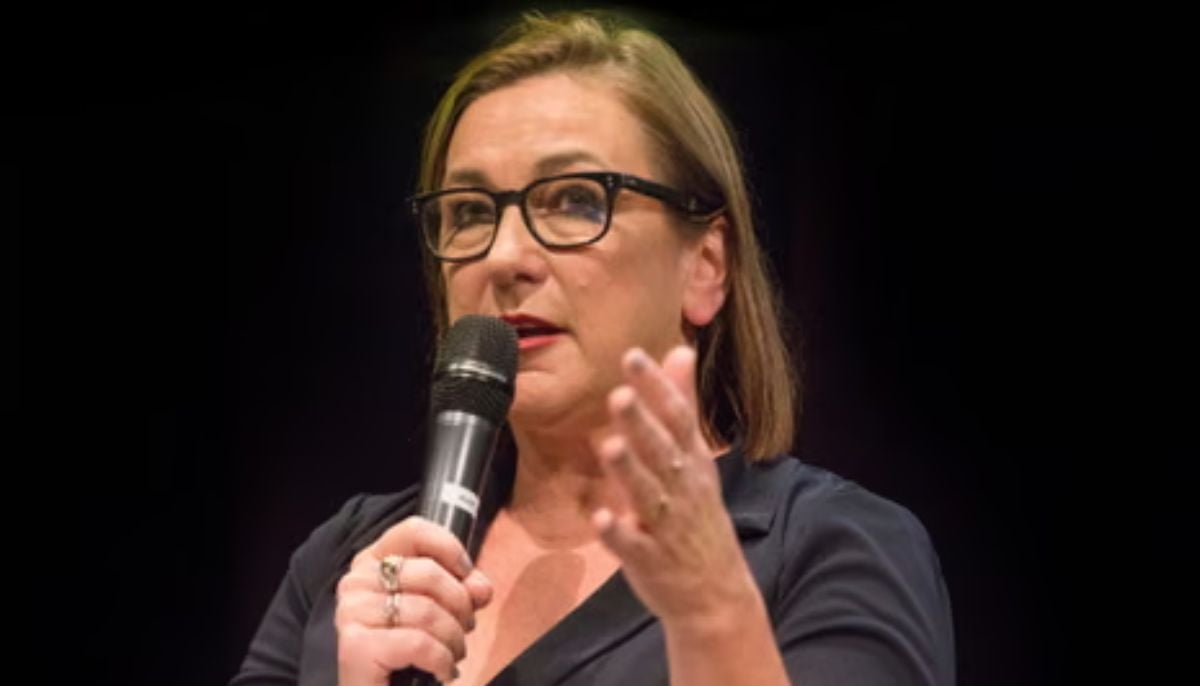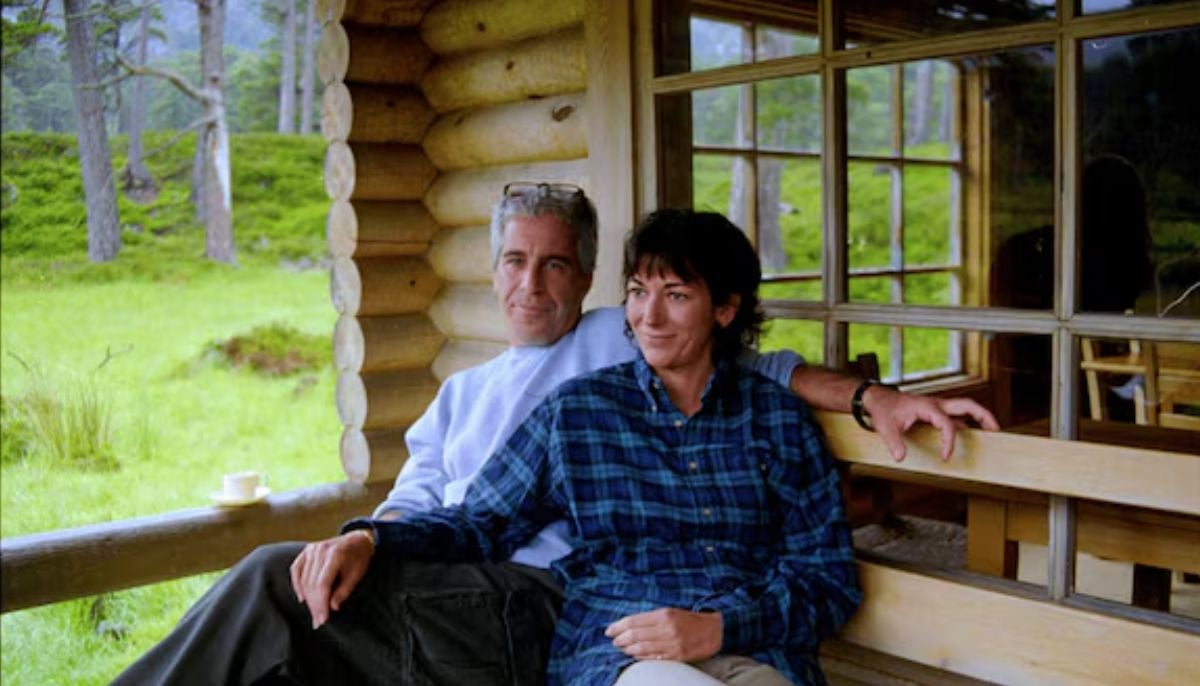PARIS: Venezuela´s fugitive former top prosecutor has come forward to accuse President Nicolas Maduro of corruption, making her the latest judicial official to defy an authoritarian regime.
Here are a selection of judges from around the world who have stood up to their nations´ leadership:
Poland: judicial independence undermined
In Poland, Supreme Court chief justice Malgorzata Gersdorf has been critical of moves by the ruling rightwing Law and Justice (PiS) party to control the judiciary.
The moves have triggered mass protests at home and EU warnings of sanctions for alleged rule of law violations.
In late 2015 Gersdorf said a law on the Constitutional Court "interferes in its independence" and aims to "hinder, or even prevent" its workings.
In March 2017 several dozen PiS lawmakers called on the Constitutional Court to check whether Gersdorf´s nomination in 2014 had been in line with the law.
In July she spoke out against a new PiS bill that would subjugate the Supreme Court to executive power.
Gersdorf said the bill would make the court "heavily dependent on the executive power, which is very inappropriate".
The bill was vetoed on July 24 by President Andrzej Duda, but PiS says it intends to press on with its plan.
Turkey: 4,000 judges fired
Since the failed July 2016 coup, the Turkish government has carried out purges on an unprecedented scale, firing or suspending more than 140,000 people, including more than 4,000 judges, prosecutors and other members of the justice ministry.
Aydin Sefa Akay, a top judge attached to the UN´s Mechanism for International Criminal Tribunals, was sentenced in Ankara in May to to seven-and-a-half years in prison over alleged links to the organisation of Fethullah Gulen, the US-based preacher blamed by Ankara for the attempted coup.
The judge, who has vehemently denied the charges, was found guilty of using Bylock, a communications service which Ankara claims was especially created for Gulen supporters.
He was released pending the ruling from the supreme appeals court, but is barred from leaving the country.
In 2014 the government transferred thousands of judges after a corruption scandal tainted the regime of then prime minister Recep Tayyip Erdogan.
Egypt: judges against fraud
In 2005-2006 a group of Egyptian judges stood up to president Hosni Mubarak, rejecting a draft law they said attacked the independence of the justice system.
Among the leaders of the movement were judges Mahmud Mekki, Hisham al-Bastawissi and Ahmed Mekki.
In April 2006 Mahmud Mekki and Bastawissi were disciplined for having demanded a probe into alleged electoral fraud. Protests in support were put down violently.
After Mubarak´s fall Bastawissi stood in the 2012 presidential election, won by Islamist Mohamed Morsi. Mahmud Mekki became vice president and his brother Ahmed Mekki justice minister.
The three judges left the political scene after Morsi was ousted by the military in 2013. Several dozen judges accused of belonging to or supporting Morsi´s Muslim Brotherhood were forced into retirement.
Tunisia: judge defies Ben Ali
In Tunisia a top judge, Mokhtar Yahyaoui, who had criticised the "total lack of independence" of the country´s legal system in an open letter to President Zine El Abidine Ben Ali was sacked in 2001.
He also complained that judges were harassed and intimidated, in a rare act of insubordination to the dictatorship.
In 2002 he was attacked by plainclothes police.
Greece: ´Z´
The Greek judge Christos Sartzetakis was the unyielding prosecutor in the case of the assassination of the left-wing parliamentarian Grigoris Lambrakis in 1963 by right-wing extremists.
The probe into the death, at first put down to a simple accident, went to the top of power, revealing the role of the government as well as the involvement of the army and the police.
The story is told in the novel "Z", published in 1967, and adapted for the big screen in 1973 by Costa Gavras.
After the dictatorship of the colonels, Sartzetakis was president of Greece from 1985 to 1990. He is now 88.
-
Minnesota man charged after $350m IRS tax scam exposed
-
Trump reached out to police chief investigating Epstein in 2006, records show
-
San Francisco 49ers player shot near post-Super Bowl party
-
Ransom deadline passes: FBI confirms ‘communication blackout’ in Nancy Guthrie abduction
-
Piers Morgan finally breaks silence on kidnapping of Savannah Guthrie's mother Nancy
-
Lenore Taylor resigns as Guardian Australia editor after decade-long tenure
-
Epstein case: Ghislaine Maxwell invokes Fifth, refuses to testify before US Congress
-
Savannah Guthrie receives massive support from Reese Witherspoon, Jennifer Garner after desperate plea











